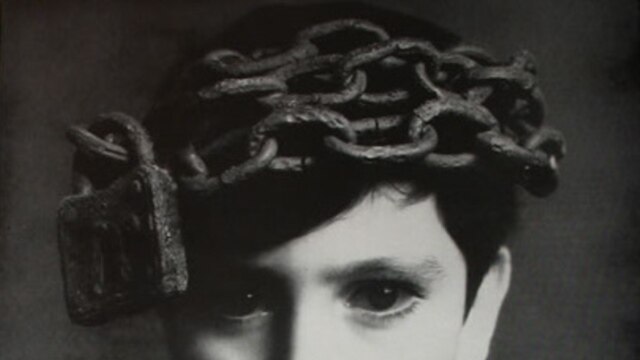To Russia With Love

The “umbrella murder” was Cold War intrigue at its most dramatic.
In 1978, RFE/RL and BBC Bulgarian broadcaster Georgi Markov was surreptitiously stabbed in the leg by an umbrella’s poison pellet, courtesy of the KGB and Bulgarian secret police. Markov, a dissident writer living in exile, had long been a thorn in the side of Bulgarian dictator Todor Zhivkov, and his fierce and influential criticism of the Bulgarian regime was broadcast deep into Bulgaria with the aid of Radio Free Europe/Radio Liberty. Markov died from ricin poisoning three days after he was poked in the leg at a London bus stop, and the event became Cold War legend.
In a bizarre moment of historical revivification, Oleg Kalugin, a former KGB general who was linked with the killing, came face-to-face last Tuesday night with the story of the Markov assassination as he sat in the audience of the U.S. premiere of the film, To Russia with Love: The Great Radio War. The movie, by the late independent German documentary filmmaker Christian Bauer, was screened at the Goethe Institute in Washington, D.C. last week, and Kalugin, who immigrated to the U.S. in 1995, offered pointers after the show on how America might improve its overseas information programs. (Kalugin currently works in Washington as a counterintelligence consultant).
Bauer first got involved with the project at the suggestion of a former RFE/RL staffer in Germany, but began his research with a considerable amount of skepticism. According to former RFE/RL president Ross Johnson, Bauer grew up with a distaste for RFE/RL’s early CIA affiliations. But, after reading the testimony of former dissidents writings crediting the radios as invaluable sources of truth during Eastern Europe’s darkest periods of state oppression, Bauer gained respect for RFE/RL. Bauer passed away last year at the age of 61 after suffering a sudden heart attack.
Former RFE/RL presidents Johnson and Kevin Klose shared their respective experiences at the company and fielded questions and comments from the audience. Klose credited the film with giving a fair-minded account of the news organization’s history, and emphasized RFE/RL’s ongoing role in bringing free media to closed societies. During the Cold War, RFE/RL was a critical tool in “bearing witness to oppression,” he said. “It is doing the same work today.”
The following 1955 PSA by a young Ronald Reagan was also featured prominently in the film. For more Cold War-era video clips from Radio Free Europe, check out our collection here.
— Charles Dameron